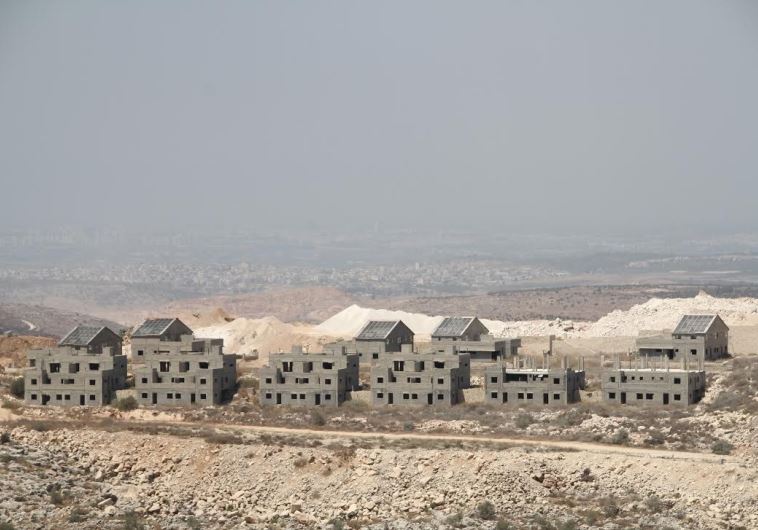Fundamentally Freund: Responding constructively to terrorism- the more they kill, the more we build
The pen that approves new Jewish building may very well prove to be mightier than the unsheathed Palestinian sword.
 Construction in a Leshem, a new neighborhood of the Alei Zahav settlement(photo credit: TOVAH LAZAROFF)
Construction in a Leshem, a new neighborhood of the Alei Zahav settlement(photo credit: TOVAH LAZAROFF)